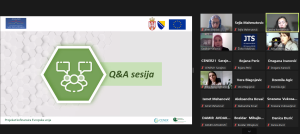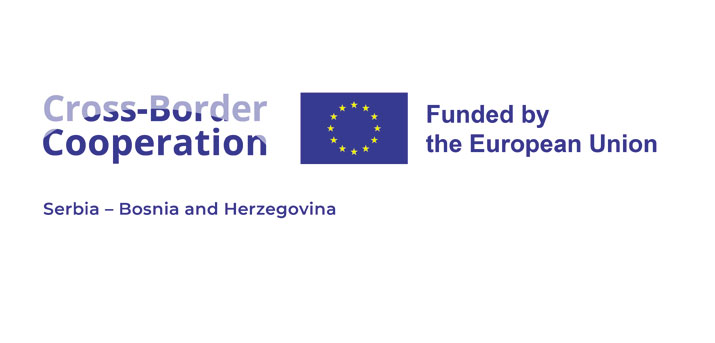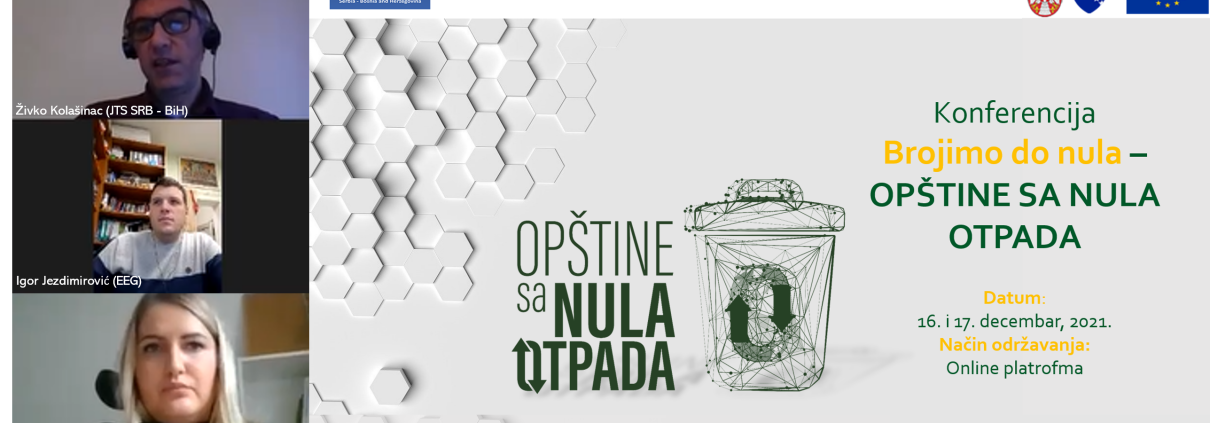- Alignment of existing laws with the concept of circular economy, revision of industrial policy and development of cooperation with the private sector, cooperation with local communities and studies on key topics should led to further progress and adoption of the Green Agenda for the Western Balkans and finding solutions for adoption of all articles from that document.
- Waste is not the responsibility of the individual and concerns all of us! – In order for the zero-waste concept to come to life in practice, it is necessary to encourage sustainable resource management, train policy makers, actively involve the community and work on the development of infrastructure for separate collection and treatment of waste.
- Informal waste collectors, members of socially endangered categories should be included in the waste management system, and they should be directed to the place of waste collection and given a certain formal role. An example is a local company that points out that up to 40% of total revenues come from informal waste collectors.
- Extended producer responsibility (EPR) is the EU recommendation for improved collection of special categories of waste such as electrical and packaging waste. In both countries, it is necessary to work on strengthening cooperation between operators for management of special waste categories and local self-government units, which have not yet sufficiently recognized the multiple benefits of the EPR system.
- Green public procurement is our future and implies the procurement of goods and services that are in line with the “green criteria” throughout their lifetime. BiH and Serbia must recognize the benefit of green public procurement as a powerful tool for preventing waste.
- Hazardous waste that ends up in nature and thus endangers the environment, such as waste oils that are highly carcinogenic, are an exceptional resource. For this resource to be used properly, adequate legal solutions and better institutional control over the management of this type of waste are needed.
- In addition to the government role in the sector, which should establish a legal framework and ensure consistent application of regulations for the circular economy to develop, the role of citizens should not be neglected. It is necessary for each of us to change, first, consumer awareness, and then adopt the rules of adequate waste disposal. By choosing eco-friendly products, with a longer lifespan, everyone can contribute to the reduction of waste that goes to landfills.
- For the development of business ideas based on the concept of circular economy, the so-called “triple helix”, ie cooperation between educational institutions, the business sector, and decision-makers is the key. Local self-government units should also recognize the importance of the EU funds and direct efforts to support the development of green entrepreneurship.
- It is necessary to integrate the topic of environmental protection into educational systems, because the young generations are in fact ambassadors of positive change.











